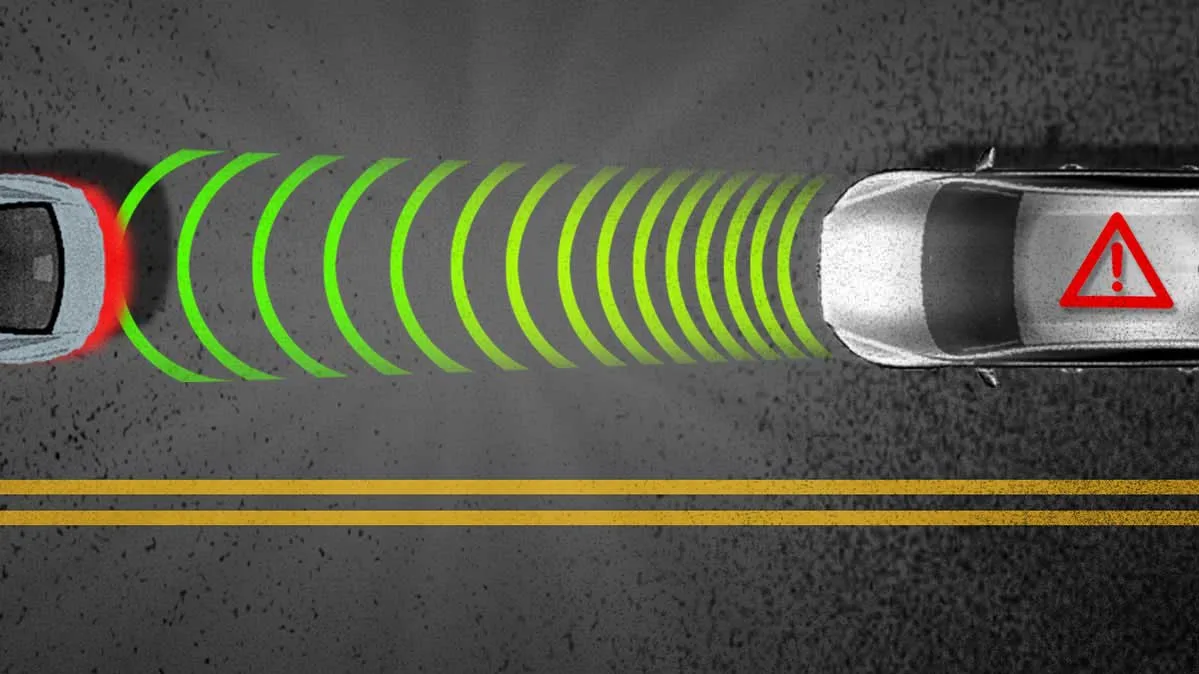Schedule your ADAS Calibration Today
What does ADAS mean in calibration?
ADAS stands for Advanced Driver Assistance Systems. In the context of calibration, ADAS refers to the process of ensuring that the sensors and cameras used in these advanced safety systems are accurately aligned and calibrated to manufacturer specifications. This calibration is essential for the proper functioning of ADAS features such as lane departure warning, adaptive cruise control, and automatic emergency braking.
Is ADAS calibration necessary?
Yes, ADAS calibration is necessary to ensure the accurate and reliable performance of advanced safety systems in modern vehicles. Any time certain components of the vehicle are replaced or adjusted, such as the windshield, bumper, or suspension, it can affect the alignment and calibration of the ADAS sensors and cameras. Without proper calibration, these systems may not function correctly, potentially compromising driver safety.
How much does it cost for ADAS calibration?
The cost of ADAS calibration can vary depending on several factors, including the make and model of the vehicle, the specific ADAS features installed, and the extent of damage to sensors and equipment. On average, ADAS calibration can range from $300 to $3000 per calibration procedure. Higher prices are often a result of broken or damaged sensors and equipment replacement. However, investing in proper calibration is crucial for maintaining the safety and functionality of ADAS systems, ultimately reducing the risk of accidents and ensuring driver safety.
Keeping sensors calibrated can reduce the risk of higher prices from lack of maintenance
Regular maintenance and calibration of ADAS sensors can help prevent costly repairs and replacements in the long run. By keeping sensors calibrated, fleet managers can reduce the risk of malfunctions and ensure that ADAS systems operate effectively, thereby minimizing the potential for accidents and associated expenses. Investing in preventive maintenance measures can ultimately lead to cost savings and improved safety for fleet operations.
In conclusion, ADAS calibration is a critical aspect of maintaining the safety and performance of modern vehicles equipped with advanced driver assistance systems. By ensuring that these systems are accurately calibrated, drivers can enjoy the full benefits of ADAS technology, including improved safety, enhanced driving experience, and peace of mind on the road.

